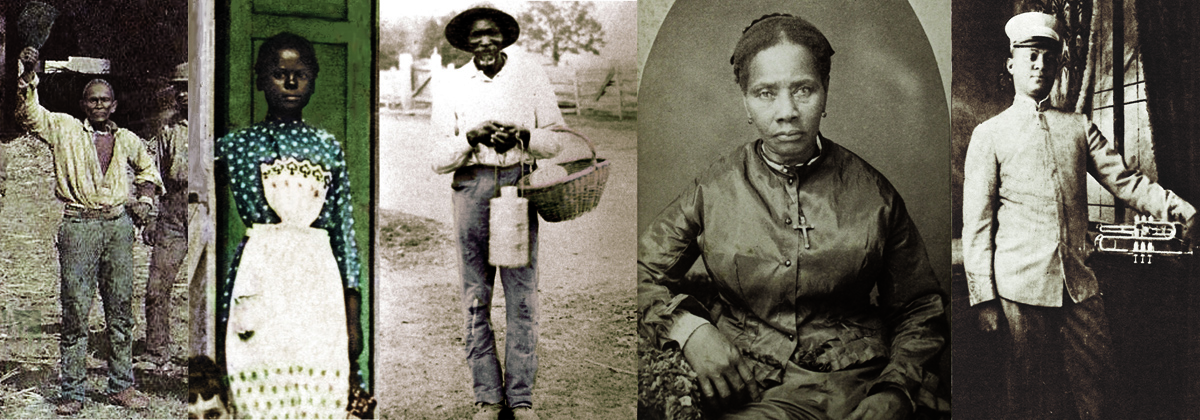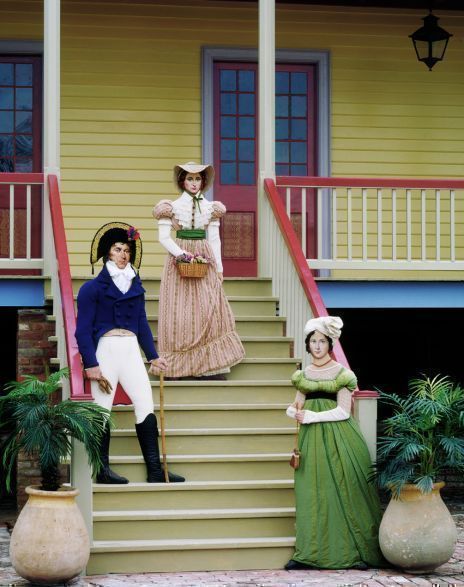When Laura Plantation opened to the public in 1994, it became the first historic attraction in Louisiana to include stories of enslaved Africans as part of the tour. As the leading interpreter of the experience of enslaved people in Louisiana and following years of extensive research in the United States and France, in February 2017, Laura Plantation opened a permanent exhibit dedicated to telling the authentic story of the enslaved community of this Créole farm.
Here, the compelling personal stories of individual men, women and children are told. Designed around different themes reflecting the complex layers of life on the plantation, the displays illustrate how the lives of the enslaved people, both Créole and American, were intertwined with those of their owners. Religion, health, the division of labor and the Civil War are explained in the first three rooms. The fourth holds a large collection of purchase documents and rare photographs that bring to light the names and faces of these long-forgotten people.

One biography includes Lucy, an American slave bought as an 8 year-old girl to be the enslaved companion of her Créole owner’s daughter. Having grown up the family household, she later accompanied her mistress to live in France. Lucy eventually returned to Louisiana, married and bought a house in New Orleans with her husband.
Another panel reveals the story of the Créole brick mason, Edouard. He fled the plantation to fight in the Union Army. Following the Civil War and emancipation, Edouard walked back to the farm and his family. His Civil War pension application provides a detailed, chilling account of his life as a slave and soldier.
Among the most interesting revelations is the story of Laura's great-uncle Flagy Duparc and the children he fathered with two enslaved Créole women, Mélanie and Henriette Jean-Pierre. Today, these descendants of Clémence, Lucien and Bernard Dupard*, are the only direct descendants of the Duparc family that remain in North America.
The self-guided exhibit is open daily from 10:00am until 4:00pm as a complement to the Laura Plantation tour experience, which Lonely Planet has called “the best history tour in the United States."
*In the case of natural children fathered by free white men with enslaved women of color, it is not uncommon to find minor spelling changes in the surnames of the children. This often denotes a blood relationship, while simultaneously indicating that the children are not legally recognized by the father.






